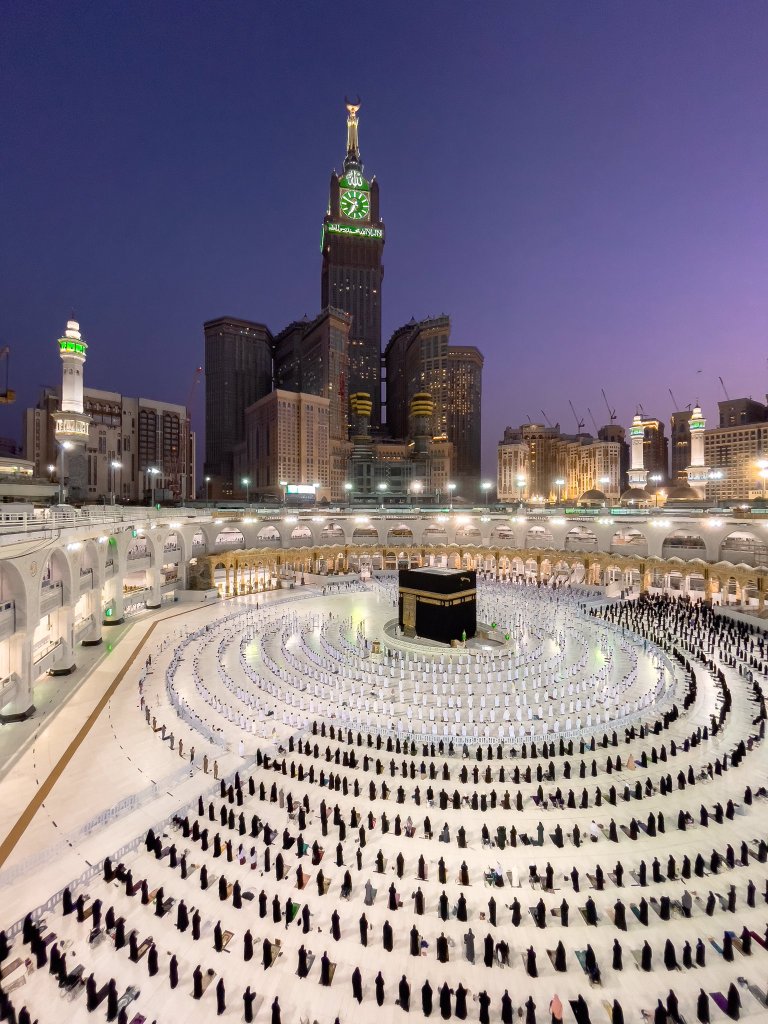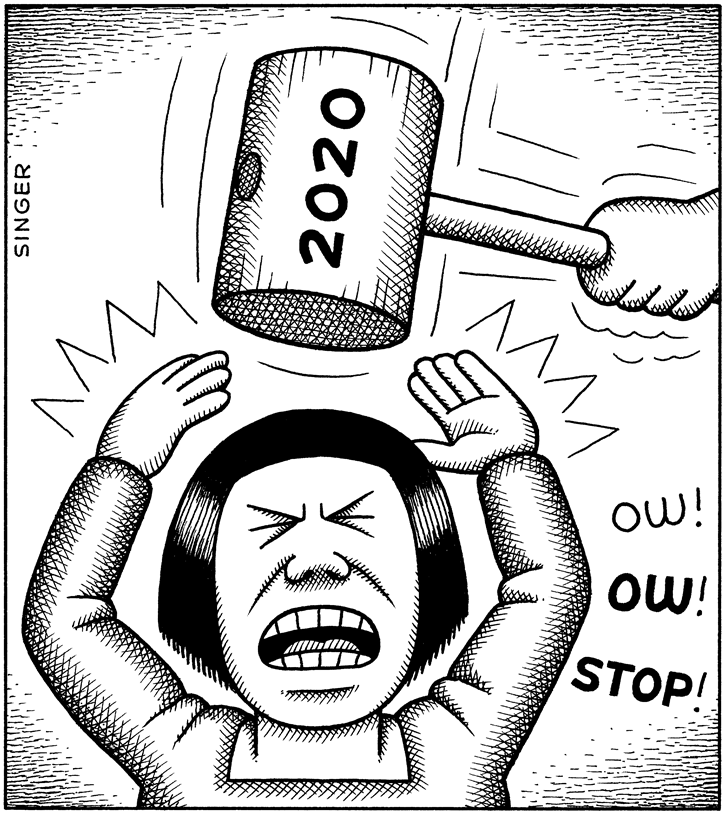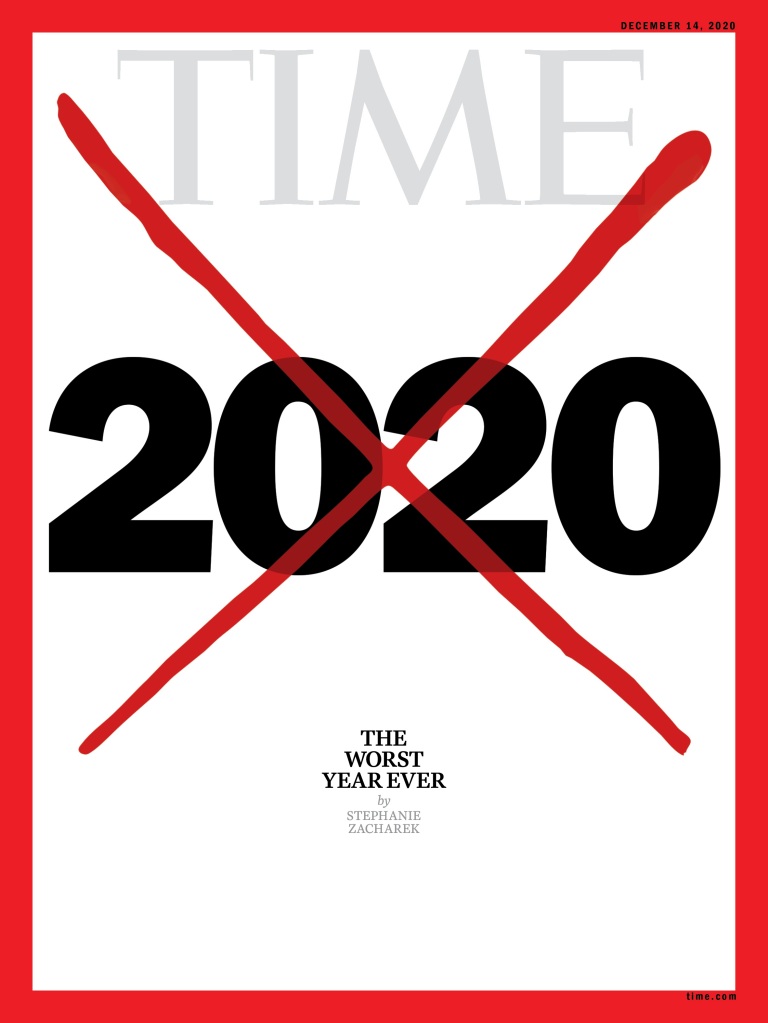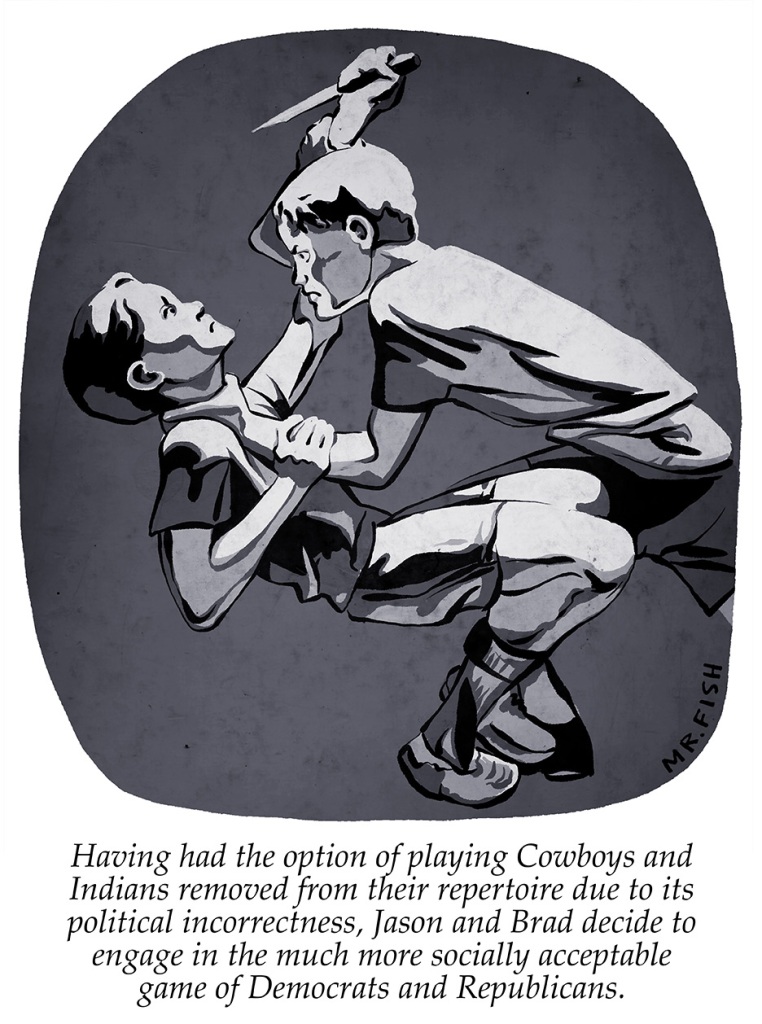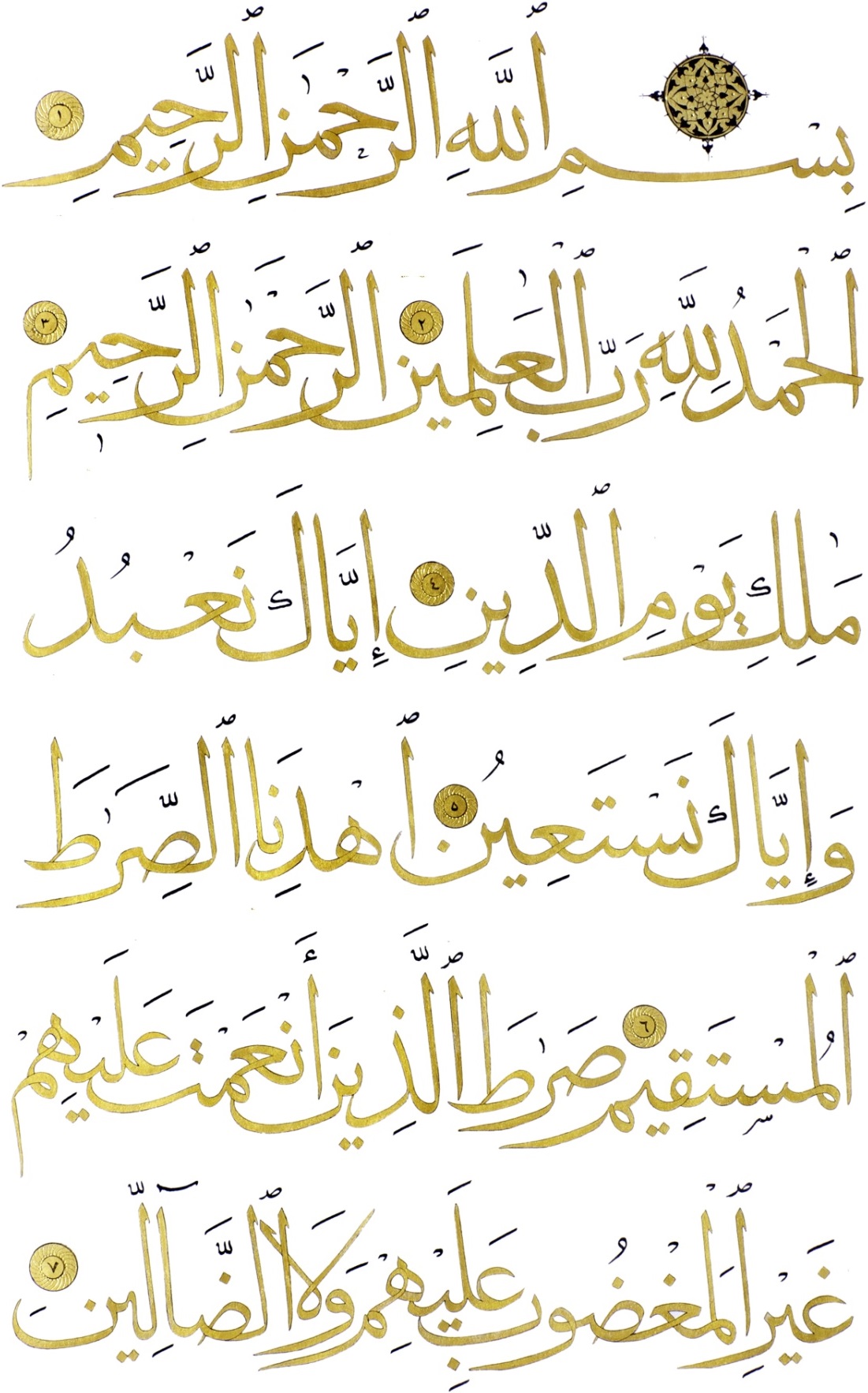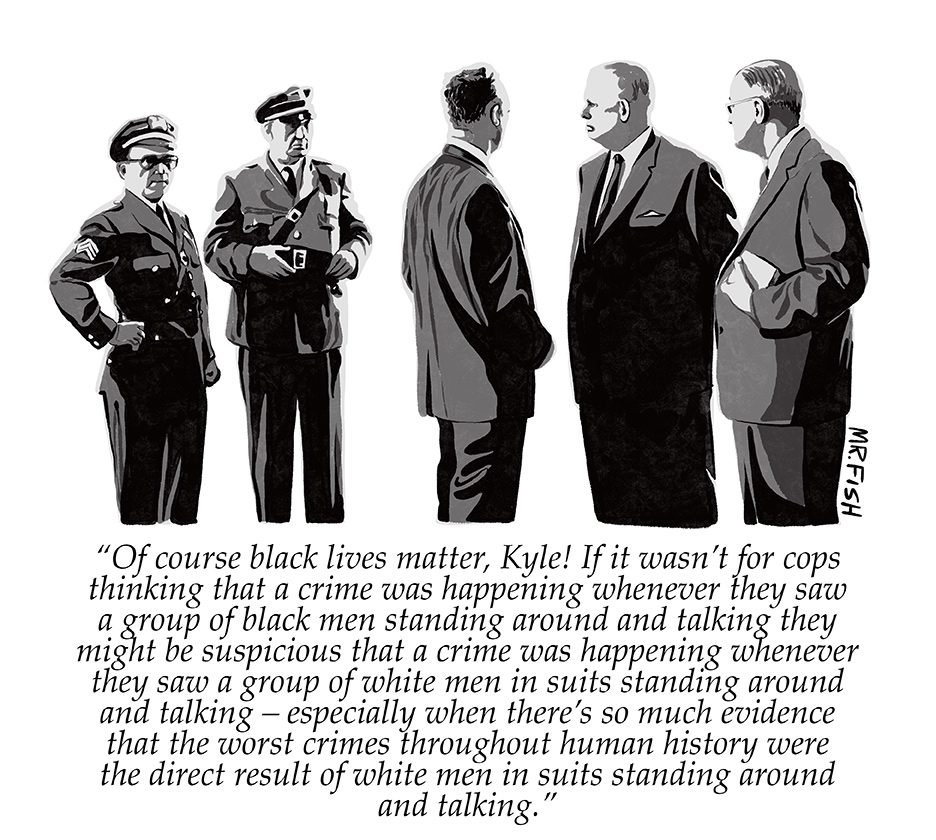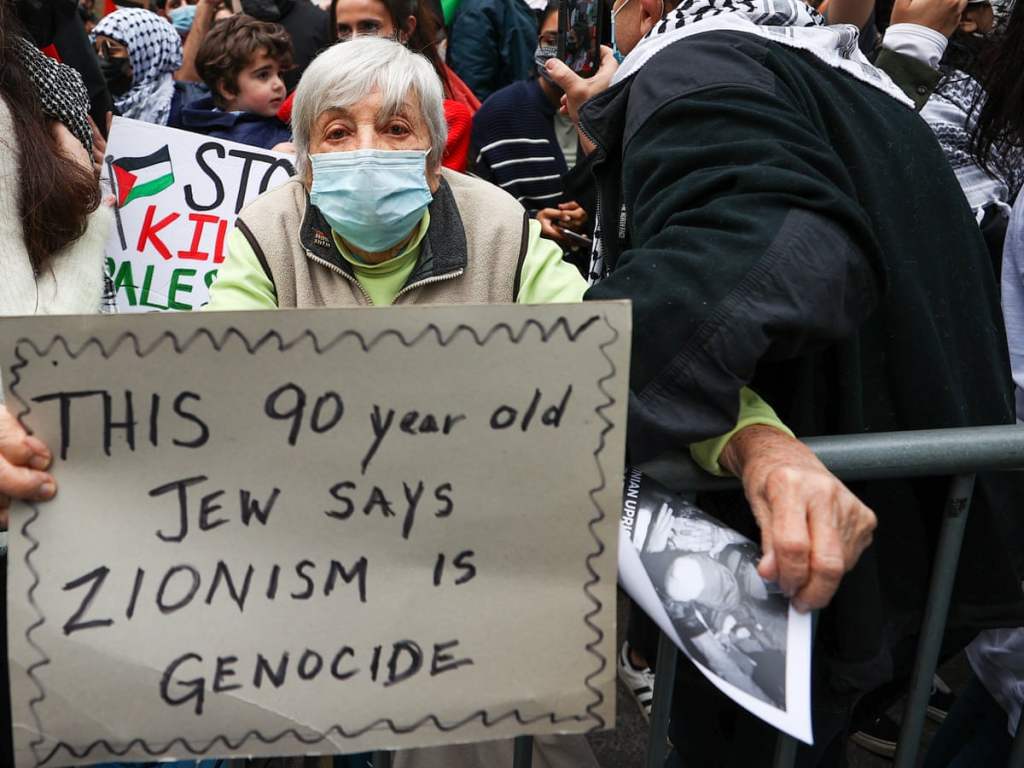
In the brilliant recent BBC documentary The Violence Paradox the psychologist Steven Pinker explores the reasons why we may be living in the most peaceful period in human existence. A customary glance at the news headlines may suggest otherwise, especially recently with the conflict in Palestine flaring up once again, as it seems to every 4 to 5 years.
In the same documentary the historian and professor Carolyn Roberts declares that “Humans are a hot mess” and right now there is no greater example of this than Palestine, where many of the residents ended up literally as a hot mess.
One of the main problems with the whole Palestine issue is that of context. The mainstream media present a pro-Israel viewpoint, some of them subtly (such as the BBC and CNN), and others unashamedly (Fox News and Sky News). The average TV watcher therefore ends up with a skewed perspective. They think that both sides are of equal strength and both have legitimate reasons for their actions. This is most definitely not the case. This is perhaps why tens of thousands marched in London yesterday in support of Palestine.
For a start, Israel is backed by America, the most powerful nation on earth. If you want to understand why America brazenly and blindly follows Israel, then watch another documentary, ‘Til Kingdom Come: Trump, Faith And Money. It can be a bit slow at times, but it is well worth a watch as it gives a different perspective that many perhaps are not aware of. Another documentary that shows just how subservient America is to Israel is Dead In The Water, which is about the tragic circumstances surrounding the USS Liberty. Again, worth watching.
In a bid to bring some much needed balance, please find below a selection of hand picked quotes from recent articles that hopefully present angles and nuances that many of us may not be aware of. We start with Shaykh Hamza Yusuf, an American Muslim scholar, on the sanctity of holy places. There are some old quotes from Chris Hedges, but still relevant to current events. There is also a link to a short clip from Michael Brooks, a political commentator and comedian who sadly passed away in July 2020, but he left us with his brilliant analysis of what is really happening in Israel.
We end with a full article from the international lawyer John Whitbeck, who further explains America’s groveling relationship with Israel. I know there is a lot to read, but trust me please, the quotes are well worth it, as indeed are the articles in full. Please also give Michael Brooks several minutes of your time. As best as one can in these trying times, enjoy…
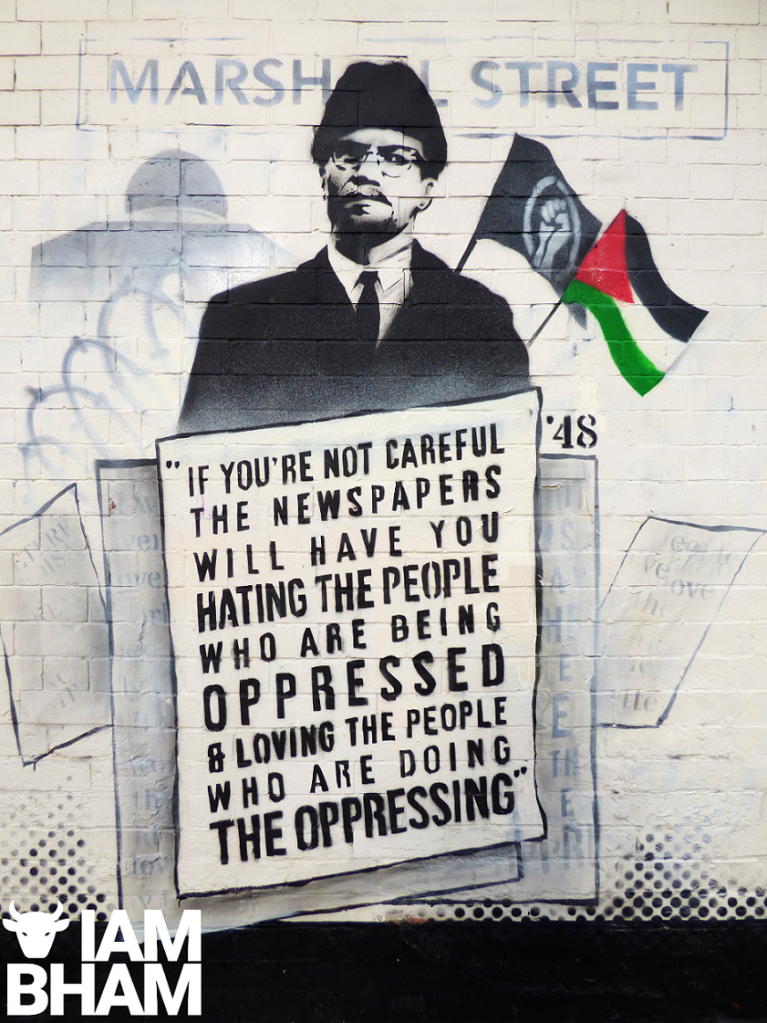
For Muslims, the month of Ramadan serves as one of the most important means of getting close to God. For that reason, a state of tranquility and calm pervades the Muslim practices during the month. If accosted, a believer is told to respond calmly, “I am fasting.” Hence, the brutal assault of the Israeli forces on the third holiest site for Muslims, while horrific in itself, is all the more heinous given it is occurring in the sacred month of Ramadan, on the holiest day of the month, during the last ten days in which Muslim are particularly devotional, often spending the entire night in prayer vigil. The assault on people praying and worshipping has no justification in any faith or secular tradition. The people at the sacred precinct had no weapons. While some were seeking refuge in that sacred space from the clashes below, most were simply observing their prayers in peace. These continued aggressions on the Palestinian people, both Muslim and Christian, have created an environment that makes the possibility of peace and prosperity for both peoples all the more distant. Events such as this current crisis demand that Jewish, Christian, and Muslim religious leaders raise their voices in unison and condemn any violence at or assault on peaceful worshippers or their places of worship. Empathizing with the plight of the Palestinians in such situations should not be difficult. This is akin to an assault by government forces on the Church of the Holy Sepulcher during Midnight Mass on Christmas Eve or on the Wailing Wall during Yom Kippur. When one of our sanctuaries is violated, all of them are. For believers, this is surely a cause for alliance to protect the sanctity of sacred spaces and the people within them. – Shaykh Hamza Yusuf, 10 May 2021, from the sandala.org article The Sanctity Of Sacred Spaces
It’s easy to say no one benefits. But it’s not true. Netanyahu has a whole lot to gain from this assault — among other things, it may keep him out of jail. More broadly, Israel’s strategic military planners have been waiting for another attack on Gaza. And for Israel’s arms manufacturers, assaulting Gaza is what the leading Israeli daily newspaper Ha’aretz has called “a cash cow.”…Netanyahu is on trial and facing years in jail for a wide range of corruption charges. As long as he remains prime minister, he can’t be jailed — but if he loses his ruling coalition, as he was on the verge of doing just before this crisis, he could go to prison. So for Netayanhu, maintaining public support is not just a political goal but an urgent personal necessity…These frequent attacks on Gaza have provided a critically valuable testing ground for the Israeli weapons manufacturers whose export deals — worth $7.2 billion in 2019 — represent a huge component of Israel’s GDP. During the height of the 2014 assault, Ha’aretz reported that the company’s factories “worked around the clock turning out munitions as the army tested their newest systems against a real enemy. Now, they are expecting their battle-tested products will win them new customers.”…Far beyond some claim of “self-defense,” are there other reasons Israel might once again be on the attack? When you look at who benefits, the answer might not be so complicated after all. – Phyllis Bennis, 20 May 2021, from the counterpunch.org article Qui Bono? Understanding Israel’s Latest Assault On Gaza
No one is blameless in the ongoing violent conflict between Israel and stateless Palestinians. Both sides target and kill civilian noncombatants. But let’s put an end to false equivalence. “A pox on both houses” is not a moral or political response to the one-sided war between Israel and Hamas. Israel wants war. If it wanted peace, it would have it…In this struggle Israel is the clear aggressor…Israel enjoys every advantage over its adversary. It has a seat at the United Nations…it has the most powerful ally on earth, the United States, which gives it $4 billion a year. Israel’s GDP is 13 times that of Palestine…Israel is a fully-integrated part of the international community…If the Palestinians were able to fight “fairly” as the IDF and its allies in the media say they would prefer, they would be full-fledged citizens of a fully-sovereign Republic of Palestine, they would have a seat at the U.N. and none of this would be happening again. – Ted Rall, 19 May 2021, from the counterpunch.org article Israel Chooses War Over Peace
Netanyahu’s decision to allow the continued Jewish colonization of the West Bank — territory meant to be part of a future, sovereign Palestinian state — has convinced large numbers of Arabs, many of whom identify as “Palestinian citizens of Israel,” that the state is incapable of seeing them as full and equal citizens. “If I had to sum it up in one sentence: Yes, Netanyahu is completely to blame,” said Yaël Mizrahi-Arnaud, a research fellow at the Forum for Regional Thinking, an Israeli think tank…The violence of the past week does not have one single cause. It’s the convergence of multiple trends and events at one time, a kind of perfect storm that produced the current cycle of violence. And Netanyahu, more than anyone else, bears responsibility for this dark convergence. – Zack Beauchamp, 15 May 2021, from the vox.com article Israel’s Unraveling
What we are in the streets protesting about now is not one killing or one violent raid, but a whole regime of oppression that destroys our bodies, our homes, our communities, our hopes – just as the protests for Black lives that spread across the US last year were not only about George Floyd or Breonna Taylor or any one killing. This is what colonialism does: it suffocates every part of your life, and then it finishes by burying you. It is a strategic, deliberate process, and it is only obstructed or delayed because oppressors are almost always confronted and challenged by those under their rule. In the end, who wants to be chained down for being born who they are? – Mariam Barghouti, 16 May 2021, from the theguardian.com article Why Are Palestinians Protesting? Because We Want To Live
With the explosion of Israeli violence this last week, Palestinians are experiencing a level of terror that is both new and painfully reminiscent of the terror of 1948…The reason that there is a conflict at all is because one group of people has for 70 years been seeking to lay claim to territory occupied by another, and to remove them by any means necessary. In the past, that tended to be at the point of the bayonet or in the wake of a massacre or pogrom; today, it’s more likely to come in the bureaucratic form of a court order issued by a legal system—the very embodiment of the banality of evil—that institutionally and systematically privileges the rights of Jews over those of Palestinians…To make this clear: While the Israeli courts and the Israeli state routinely enable the establishment of new Jewish settlements on Palestinian land, there is simply no mechanism in the Israeli legal system for a Palestinian family to reclaim land or property forcibly taken from them by Zionist settlers or the Zionist state or its auxiliaries, such as the Jewish National Fund. On both sides of the 1949–67 armistice line, the state demolishes Palestinian homes and builds Jewish ones. There ought to be no surprises here: The entire program of the state is, and has always been, built around the project of removing Palestinians and replacing them with Jews. Is it any wonder, then, that Palestinians resist—and that they have been resisting since long before anyone heard of something called Hamas?…The stark reality is there for all to see…The Nakba is now. – Saree Makdisi, 17 May 2021, from the thenation.com article The Nakba Is Now
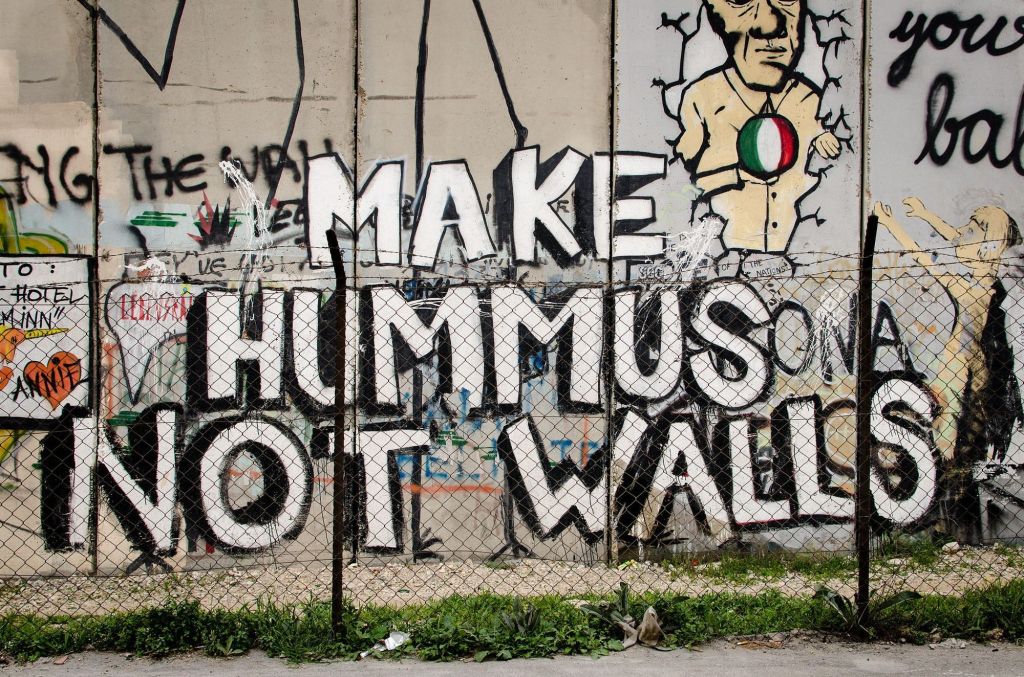
Gaza is a window on our coming dystopia. The growing divide between the world’s elite and its miserable masses of humanity is maintained through spiraling violence. Many impoverished regions of the world, which have fallen off the economic cliff, are beginning to resemble Gaza, where 1.6 million Palestinians live in the planet’s largest internment camp. These sacrifice zones, filled with seas of pitifully poor people trapped in squalid slums or mud-walled villages, are increasingly hemmed in by electronic fences, monitored by surveillance cameras and drones and surrounded by border guards or military units that shoot to kill. These nightmarish dystopias extend from sub-Saharan Africa to Pakistan to China. They are places where targeted assassinations are carried out, where brutal military assaults are pressed against peoples left defenseless, without an army, navy or air force. All attempts at resistance, however ineffective, are met with the indiscriminate slaughter that characterizes modern industrial warfare.
Because it has the power to do so, Israel — as does the United States — flouts international law to keep a subject population in misery…As the world breaks down, this becomes the new paradigm — modern warlords awash in terrifying technologies and weapons murdering whole peoples. We do the same in Afghanistan, Iraq, Pakistan, Yemen and Somalia.
What is happening in Gaza, like what is happening to people of color in marginal communities in the United States, is the model. The techniques of control, whether carried out by the Israelis or militarized police units in our inner-city drug wars, whether employed by military special forces or mercenaries in Pakistan, Afghanistan or Iraq, are tested first and perfected on the weak and the powerless. Our callous indifference to the plight of the Palestinians, and the hundreds of millions of poor packed into urban slums in Asia or Africa, as well as our own underclass, means that the injustices visited on them will be visited on us. In failing them we fail ourselves.
Chris Hedges, 19 Nov 2012, from the truthdig.com article Elites Will Make Gazans Of Us All
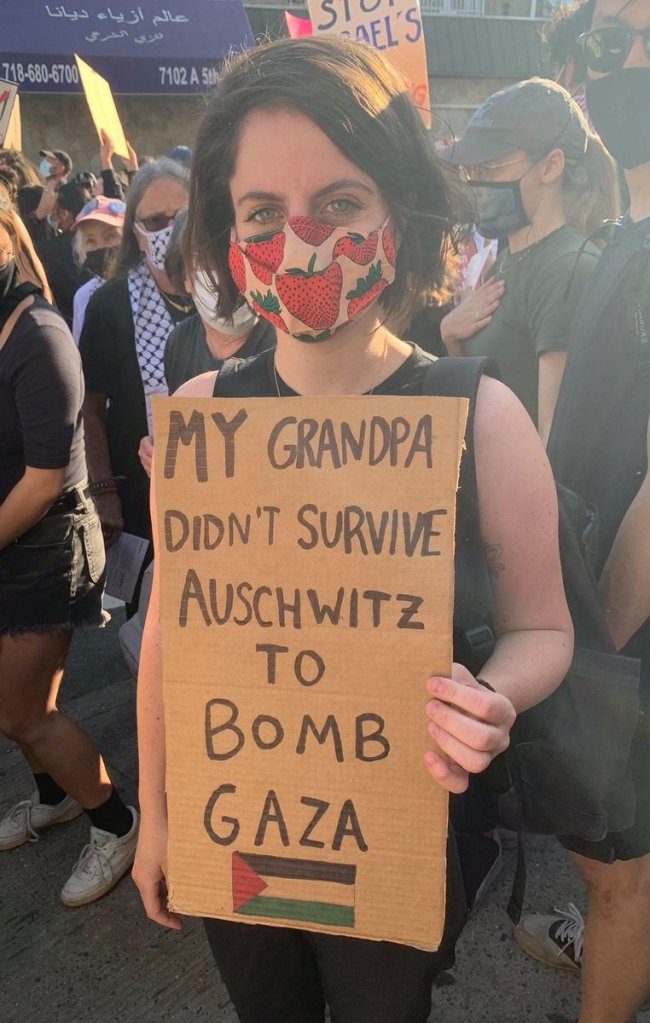
All governments lie, as I.F. Stone pointed out, including Israel and Hamas. But Israel engages in the kinds of jaw-dropping lies that characterize despotic and totalitarian regimes. It does not deform the truth; it inverts it. It routinely paints a picture for the outside world that is diametrically opposed to reality. And all of us reporters who have covered the occupied territories have run into Israel’s Alice-in-Wonderland narratives, which we dutifully insert into our stories — required under the rules of American journalism — although we know they are untrue.
There is a perverted logic to Israel’s repeated use of the Big Lie — Große Lüge — the lie favored by tyrants from Adolf Hitler and Josef Stalin to Saddam Hussein. The Big Lie feeds the two reactions Israel seeks to elicit — racism among its supporters and terror among its victims.
By painting a picture of an army that never attacks civilians, that indeed goes out of its way to protect them, the Big Lie says Israelis are civilized and humane, and their Palestinian opponents are inhuman monsters. The Big Lie serves the idea that the slaughter in Gaza is a clash of civilizations, a war between democracy, decency and honor on one side and Islamic barbarism on the other. And in the uncommon cases when news of atrocities penetrates to the wider public, Israel blames the destruction and casualties on Hamas.
George Orwell in his novel “Nineteen Eighty-Four” called this form of propaganda doublethink. Doublethink uses “logic against logic” and “repudiate[s] morality while laying claim to it.” The Big Lie does not allow for the nuances and contradictions that can plague conscience. It is a state-orchestrated response to the dilemma of cognitive dissonance. The Big Lie permits no gray zones. The world is black and white, good and evil, righteous and unrighteous. The Big Lie allows believers to take comfort — a comfort they are desperately seeking — in their own moral superiority at the very moment they have abrogated all morality.
Chris Hedges, 04 Aug 2014, from the truthdig.com article Why Israel Lies
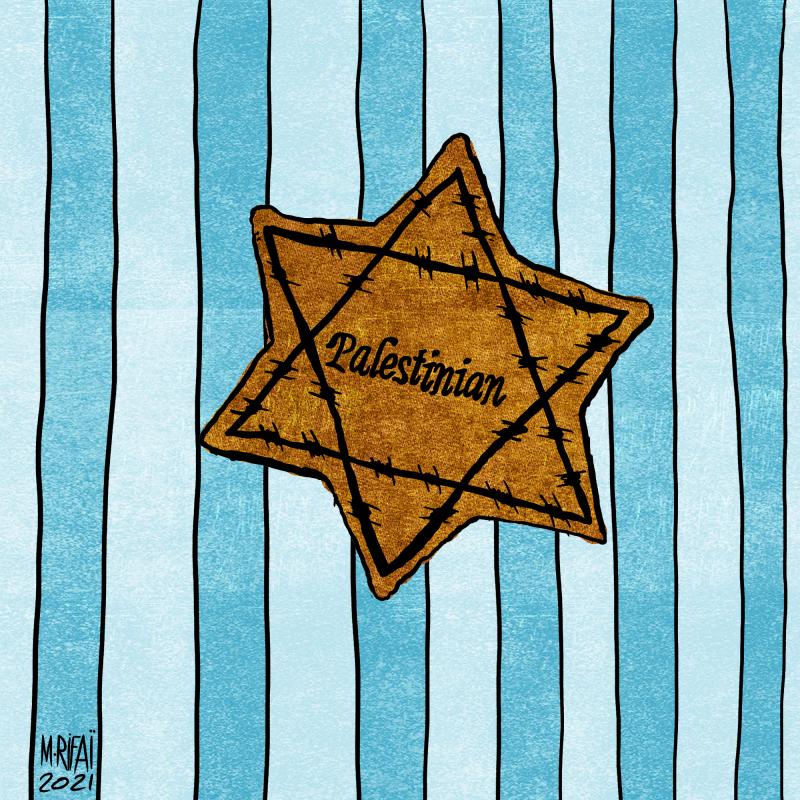
It’s Not American “Aid” To Israel. It’s Tribute.
John Whitbeck, 12 May 2021, counterpunch.org
In the wake of the recent Human Rights Watch report on Israeli apartheid and persecution and the ongoing Israeli brutalities in Jerusalem, a slowly growing handful of brave American politicians is daring to defy President Biden’s publicly proclaimed assertion that it would be “absolutely outrageous” to ever condition American “aid” to Israel on any Israeli behavior and to assert that such “aid” should indeed be conditioned, at least to some degree, on Israeli violations of human rights, international law and America’s own laws with respect to the use of American-provided weapons.
While this modest trend in principled support for human rights and international law by even a mere handful of American politicians must be viewed as encouraging, the tradition of characterizing the U.S. government’s payments to Israel — currently a baseline minimum of $3.8 Billion per year, negotiated and agreed by a departing President Obama for the next ten-year payment cycle, inevitably supplemented by numerous add-ons — as “aid” should also be questioned.
Israel is not a poor country. In the latest UN rankings, its annual per capita GDP of $46,376 ranked it 19th among the UN’s 193 member states, ahead of Germany (20th), the United Kingdom (24th), France (26th) and Saudi Arabia (41st).
The guaranteed payments which U.S. governments negotiate with Israeli governments and commit to pay to Israel are not negotiated and paid because Israel needs the money.
They are negotiated and paid as public manifestations of American submission and subservience.
The accurate and proper word for such payments is “tribute”, for which the dictionary definition is “a payment made periodically by one state or ruler to another, especially as a sign of dependence.”
Ever since Israel attacked the aptly named USS Liberty in 1967, killing 34 Americans, wounding another 171 and inflicting 821 rocket and machine-gun holes in the ship, and President Johnson ordered a cover-up which constituted a virtual surrender, the U.S. government has been taking orders from and paying tribute to Israel, with consequences for America’s reputation and its role in the world vastly more costly than mere money.
Indeed, the American relationship with Israel deprives the United States of any credibility when it accuses countries that it dislikes for other reasons of violations of human rights or international law.
If popular perceptions and discourse in the United States could be transformed so as to recognize that the U.S. government’s payment commitments to Israel constitute tribute to a dominant power rather than “aid” to a needy nation, there might be some hope for a long overdue American declaration of independence and a more constructive and honorable American role in the world.

